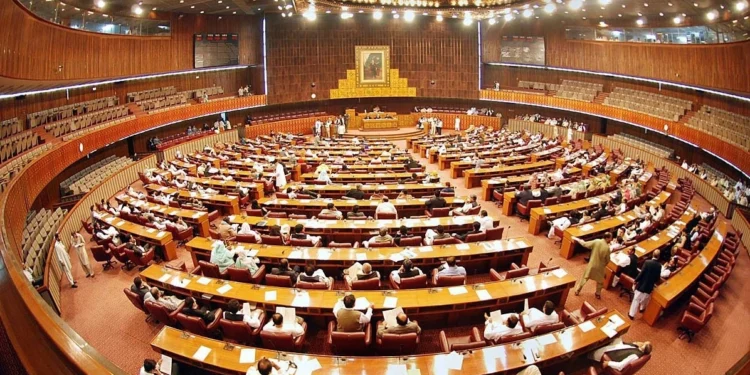The Senate of Pakistan has unanimously passed the Journalist Protection (Amendment) Bill, introducing legal safeguards for media workers, their families, and affiliated organizations across Pakistan. The bill criminalizes violence against journalists, guarantees the right to source confidentiality, and calls for the establishment of special courts to ensure swift justice in cases of attacks and harassment.
Under the new legislation, any act of violence against a journalist during the course of duty can now result in up to seven years in prison and a fine of Rs 300,000. Obstructing a journalist from performing their professional duties will carry a five-year sentence and a Rs 100,000 fine. Forcing a journalist to disclose confidential sources could result in three years of imprisonment and a Rs 100,000 penalty.
The bill affirms that freedom of expression includes the right to publish and disseminate information, and explicitly recognizes journalists’ right to refuse disclosure of sources. It further states that no individual can be coerced into revealing information that has been provided to a journalist.
In a major institutional step, the bill mandates the formation of a Journalist Protection Commission. The commission will be empowered to investigate complaints, provide protection to journalists under threat, and ensure redress in cases involving threats to freedom of expression. The commission will also safeguard the spouses, dependents, colleagues, property, and media organizations, as well as the social movements, to which journalists are affiliated.
The Chairperson of the Commission must be a high court judge or someone with equivalent qualifications, and must have at least 15 years of experience in human rights or press freedom work. Their term, along with that of other members, will be three years without any possibility of extension. The commission will operate independently of the government or any administrative authority.
To speed up justice, the bill also outlines the creation of dedicated courts for hearing journalist-related cases. These will be established in consultation with the Chief Justices of the Islamabad and provincial High Courts.
Any complaint submitted to the commission will require the police station’s SHO to register an FIR, and the investigating officer will have criminal case-level authority. The commission will also have the right to keep the identity of the complainant confidential. However, it will not have the authority to probe the conduct of intelligence agencies. If a complaint involves allegations of human rights violations by an intelligence agency, it will be referred to the relevant oversight body.
Media watchdogs and press freedom advocates have welcomed the bill but emphasized that its implementation will be key. While Pakistan has seen a rise in attacks, censorship, and surveillance against journalists in recent years, laws like these signal a recognition at least on paper of the risks journalists face in the line of duty.
Whether this legislative shift will lead to meaningful change on the ground remains to be seen. For now, the unanimous passage of the bill marks a rare moment of political consensus on the need to protect those who report the truth.





